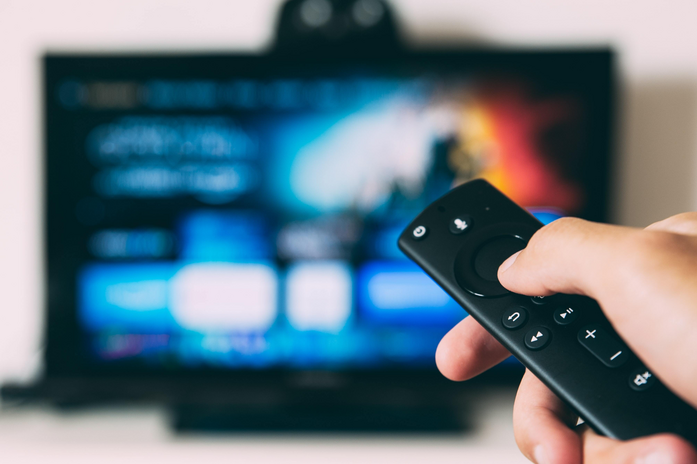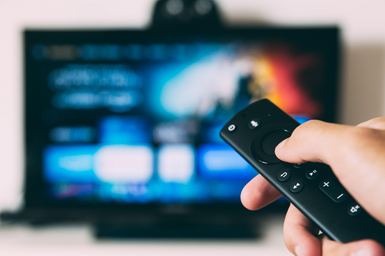In 2016 HBO dropped Insecure. The idea for the show came from Issa Rae in collaboration with Larry Whitmore. Insecure was a hit since the first season, even though it is only available on HBO and HBO streaming services. It managed to show Black women in a different light than the media has shown before. They were young, carefree, and having fun. Going to parties, starting relationships, having success at work, and most importantly, choosing their own destiny. It was one of the first times black women have been allowed to be seen as normal twenty and thirty-somethings. It proved that not everything has to be about struggle and that sometimes being black and carefree is an act of radical opposition to white supremacy in and of itself.
This didn’t mean that the main characters Issa (yes Issa named the lead after herself- genius!) and Molly didn’t have their struggles. Instead of their struggles solely being about misogynoir, viewers got to see another side. The show showed these women navigating friendships with coworkers, trouble in long-term relationships, hookup culture, growing out of friendships, postpartum depression, workplace drama, and other issues.
Black women are multidimensional. While race, sex, gender identity, and sexual identity factor into our lives there is so much more to us. So many people have tried to write our stories without realizing the complexity of our lives. The humanity of Black women has been stripped intentionally. When you see someone who is constantly struggling and seems to always come out “on top” it becomes internalized that maybe they deserve these struggles because they are “stronger” or “can handle it”. Due to this, the idea that Black women don’t need any help or protection (in terms of allyship) has become perpetuated in all of our minds. This is dangerous. Black women are not inherently stronger than women of any other race and deserve to be treated with the respect and care that our female-identifying white allies are treated with.
This discussion would not be complete without discussing Black trans women. Black trans women are women but their identity is almost never respected. These women are over-sexualized in the media and seldom get to be shown in stories that don’t center on struggle. Happiness and success are rarely shown. Hollywood claims to be progressive but has strongly missed the mark in this area. More Black trans stories need to be shown and when they are, they need to show struggles in the areas of race, gender, and sexual identity while also heavily featuring issues regarding family, relationships, work, passions, friendships, etc. One-dimensionality needs to be a thing of the past.
Go watch a story written by a Black woman (and consume Black media in general) and it must be reiterated that Being Black and carefree is an act of revolution in and of itself.


